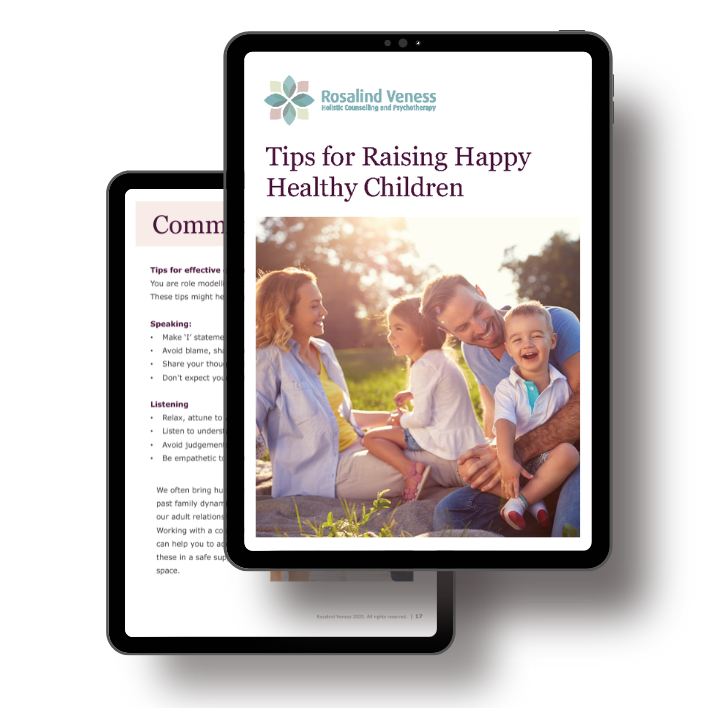
Is your child struggling with anxiety, or other challenging behaviours?
Perhaps they are struggling to keep up at school?
You know your child can hear, but how well can they listen, or understand what they are hearing?
Maybe you are confused about the difference between hearing and listening, and wonder how they affect learning and behaviour?
Do you ever wonder why your child can detect the sound of lolly wrappers at 50 metres, but appears unable to listen and follow instructions?
For many of us, the ability to process sensory information has been impacted by overwhelming events during infancy and early childhood. When we were frightened, our bodies adapted. Over time, we may have learnt to tune in to background sounds, rather than focus on the human voice.
Sensory Overwhelm
When a parent brings a child with signs of autism, ADHD or dyslexia, I usually check for signs of developmental delay. Many children who struggle in the classroom find it difficult to block out background sounds and to focus on the teacher’s voice. Maybe you’ve noticed they are unable to follow a series of instructions?
Listening Affects Reading, Writing and Spelling
Sometimes they may only be able to process short blocks of words at one time, or parts of sentences. It can be very confusing when more than one person is speaking at a time. Your child may appear forgetful, often struggling to remember spoken instructions, particularly when delivered as a sequence. They may also find it hard to discern small parts of a word, or phonics, making tasks such as reading, spelling and comprehension very difficult.
The struggle to focus in a busy environment may cause your child to feel overwhelmed, responding by either “acting out” or shutting down. These instinctive behaviours are clues that your child might need extra support.
My Story
When I recommenced study as a mature adult in 2005, I knew I couldn’t take notes and listen at the same time, so I chose to listen. I finished the first day with a massive headache, and little memory of much that had been presented.
My skimpy notes were basically useless. At this point, I didn’t realise I had a learning difficulty. I just knew I had to work really hard to achieve anything.
Following a listening assessment in 2007, the assessor asked me
“Ros, how did you ever mange to get through Uni?”.
I remember looking at him, stunned, thinking “Do you mean it didn’t have to be that hard?”. It quickly dawned on me just how much I had struggled, not only at Uni, but also during my years at school.
Although I sat in on all the Uni lectures, my notes were sketchy and usually meaningless. I could tell you what the lecturer was wearing, their facial features, and who else was in the room, but very little about the actual presentation. My learning came from hours spent in the library. While my friends were achieving better results with seemingly little effort, I had to work extremely hard just to achieve a pass.
Can you relate to any of this?
Auditory Processing Difficulties affect Classroom Learning
My experiences in school had been similar, and I spent considerable time gazing out of the window. I remember the humiliation when a teacher, noticing that I wasn’t paying attention, my would ask me a direct question. Feeling embarrassed, I would fumble to respond.
In high school, whenever possible, I would choose to sit on the edge of the room. This made it easier to shut out the general background sounds and sensations, and I had more chance of focussing on the lessons.
Many children (and adults) today are struggling with exactly the same difficulties which often go unnoticed. Perhaps your child acts out, or simply shuts down to escape the sensory overload of being in a classroom.
Maybe, like me, they just work extremely hard, and wonder why others are achieving better results. As one of my students said,
“Mum, I know I’m not stupid, but why are the other kids doing so much better than me?”.
Does this sound familiar?
Signs your Child may have Auditory Processing Difficulties
- Often say “huh” or “what” or “can you repeat that”
- Often is in his or her own world, away with the fairies
- Easily distracted, especially if there are background sounds
- Delayed or unclear speech
- History of ear infections
- Poor voice control – often too loud, soft, or monotone
- Difficulty with written or verbal expression – bringing thoughts to words
- Easily startled by sudden sounds
- Difficulty with reading, writing, spelling, comprehension
- Avoids crowds, dislikes socialising
- Anxiety, nervousness
- Poor self esteem
- Difficulty focussing and paying attention
- Poor at phonics – deciphering small blocks of sounds
Things Someone with Auditory Processing Difficulties Might Say
- “I heard and understood the first part of what you said, but I missed the rest”.
- “I missed what you said because I was concentrating on my work”.
- “I can either focus on what you are saying, or write notes, but I can’t do both at once”.
- “I heard and understood what you said, but I cannot remember what it was about”.
- “I read and understood the work, but I can’t remember anything”
- “I understood the question, and I know the answer, but I can’t find the words to tell you”
Adults who struggle with auditory processing may:
- Struggle at work and higher studies
- Have limited career options
- Avoid social situations, and noisy places, such as shopping malls, family gatherings
- Suffer from poor self esteem
- Experience increased stress
- Often feel exhausted from the effort required to focus on listening and understanding
If some of the above signs resonated with you, or if you think either you or you child has a problem with “hearing to understand”, the first step is to book in for an initial consultation.
The Next Step
If you think your child is struggling in the classroom, listening might be part of the problem. The next step is to make an appointment for an initial consultation. We can have a chat about your concerns, and what I can do to help you.
Related articles:

Free e-book download
Tips for Raising Happy Healthy Children

About Rosalind
Since 2005 I have been helping children with learning and behavioural challenges such as autism, dyslexia, ADHD and other sensory processing difficulties. I use an holistic, or whole child approach combining counselling with a development movement program, known as The Extra Lesson. This program addresses underlying immaturities in early development that are contributing to their learning and behavioural challenges. Sessions are available both online and in person at Moruya South Head.




